How Google is Hurting All of Us
There’s a good chance that if you read Wardrobe Oxygen, you also read Travel Fashion Girl. A 12-year-old site providing tips and shopping advice for women travelers, Travel Fashion Girl has a large subscriber base and a very active Facebook community. I do not know Alex, but I am a reader of Travel Fashion Girl; I’m in her Facebook community and subscribe to her newsletter. I was shocked and saddened to read that she is considering ending Travel Fashion Girl due to changes with Meta and Amazon, but especially how AI and Google is hurting all of us.
This is scary news for someone with the same job and in an overlapping niche. I am in a mastermind with some badass bloggers who have sites in different niches that have way more subscribers and site visitors than I do. They are each considered experts in their area of blogging expertise, and they too are concerned with AI and how Google is hurting all of us.
How Google is Hurting All of Us
I don’t expect you to understand everything I share in this article, but if you are curious, I will provide keywords you can use to find more information on these topics. By the end, you may wish to use a different search engine to find that information as you too will understand how Google is hurting all of us.
For Website Owners, Google is King
Google is huge; we all know that. It can feel like the entire internet is owned by Google, Amazon, and Meta, and you wouldn’t be that far off. However, when it comes to reaching a desired audience, Google is the king.
Google owns the most popular search engine. It owns our email inboxes. It saves our credit card numbers to make online purchases. It replaced Microsoft as the default place where to create documents. It stores our photos and files, and it used to host our Y2K blogs. Google is why Web Stories became a thing, and Google has the default website analytics tool, so most of the sites on the internet, from blogs to news to shopping, have Google code on them. Google has become a noun and a verb, following in the footsteps of Saran wrap, Kleenex, Tupperware, and Velcro.
Google is Leaning Into AI
If you have used the Google search engine lately, you may have noticed it looks different. Depending on what you searched, you may see at the top of the screen a “film strip” of items that fit your search that are for sale online (these brands pay for that space). Or you may see the answer to your question, summarized by AI.
Below that, you may see some “sponsored” links (links companies paid top dollar for such placement), then a few other questions that Google thinks you may want to know the answer to, and then after all that you’ll find the websites that have researched, tested, and have expertise about your question. This is problematic in many ways. First, I’ll share how it screws sites like me and Travel Fashion Girl.
Above are three screenshots from a friend's phone when using Google to find an answer for how to clean white leather. You can click the images to see them larger, and click outside the images to return to this screen.
First, they found a suggestion from AI. Then, there was a list from an article by HGTV, but with so much information, there was no need to click on the link. After that, they found several alternative questions. Finally, after all of this, they found websites with the information, which included my article.
How Google Is Hurting Websites
That AI summary? Where did AI get that answer? After clicking to see more of the AI answer, there is a carousel of pastel-colored rectangles with tiny font leading to different websites. You need to scroll through to see all of them. But folks don’t click because they A) didn’t even notice these pastel boxes and B) AI gave them the answer without leaving the search engine. So AI takes our content, paraphrases it, and shares it on the Google homepage, so you never need to leave it to another site unless it is to buy something in that film strip at the top of the page.
Websites like mine and Travel Fashion Girl (as well as news sources, online communities, educational sites, and more) rely on Google traffic. We have chosen to become an online resource for a certain subject, and we get paid through search engine traffic. Folks ask a question; our site has the answer.
If you click on the links to purchase a researched item, we may make a commission. You hang out on our site, scrolling through the information, and we make money from how long and how often the ads on our site are seen. Depending on how large our audience is and how much traffic our site gets, we may make more from each ad seen, more affiliate links will be used, and brands may pay us to feature their product.
People in 2024 have far shorter attention spans. Few folks are going to scroll past the film strip, and the three paragraphs, and a list from AI, and then five potential other questions you may ask, and the companies that spend a lot to be at the top even if they may not be relevant to finally find a site like me or Travel Fashion Girl or even a better-known trusted resource like IMDB or Good Housekeeping. No attention span means no scrolling to find and click on us.
How Google is Hurting You
Okay, but how does this change affect you? It will affect the experience and content you receive on your favorite sites, and even if those sites continue to exist. It also could seriously affect other aspects of your life.
Reduction in Content and Quality
Consider blogs and resource sites as stores. You are more likely to shop in a store that looks good, is well maintained and easy to find what you want, has a large and varied inventory, a friendly and knowledgeable staff, and is easy to get to. Those things cost money when you own a store, and they cost when you run a website.
When your store gets less traffic, it makes less money. The same is true for blogs and websites. When revenue is down, something has to give, and it’s not going to be the building or the marketing.
You reduce payroll and hire part-timers who can run the register and fill the sales floor but don’t care about the customers or know little about the products you sell. You switch up the inventory, carrying less or carrying cheaper things that may appeal to more customers. The fitting room lock is broken, the register hasn’t been updated in years, and there’s a broken floor tile, but there are no funds to fix the situation. The last thing you want to do is reduce hours or shut down your shop.
This is exactly the same with sites like mine and Travel Fashion Girl. Something has to give, and we don’t want it to be the content, but how can we maintain it if we don’t have the money to afford new inventory or seek new customers with marketing?
You’re Getting Bad Information
On top of this, when you go to Google to get an answer to your question, that answer may not be accurate. The other day I was on Google (incognito) searching for an answer and the AI gave me an answer that included content from my own site. And because AI used not just my content but the content of other sites, the so-called answer was actually wrong.
With Google removing other links from their search engine and attempting to answer it themselves, they can cause some real harm. Maybe you will damage your white leather bag, or maybe you will damage your home, or car, or self. Sure, it’s funny to think AI informed someone to use glue to keep their cheese from sliding off their pizza, but if AI gets that wrong, it can get a lot wrong.
How Can You Help?
The best way to help any site you care about is to visit it. Read on Feedly? Why not click the post's title and read it on the site? Get the newsletter, but click on a link to read another piece you may have missed on the site. Before leaving, use the search function to see if it can answer any other questions you may have or find more content that is appealing to you.
Share it. If you found an article helpful, share it on Facebook, Reddit, Threads, and/or Pinterest. Suggest us to those you think may enjoy the content we create. If we have a Reel or TikTok and an article on a topic, share the link to the article. If you screenshot part of our content for social, also include a link to the piece.
Participate. Follow us on our social platforms. Subscribe to our newsletters and open them, using the links in them to visit our sites. Leave comments. Check out other pages or posts. When you make a purchase, first visit our site and find a link for that product or retailer and click on it. Visit here for more information on affiliate links and how websites make money.
Use bookmarking tools like Grow and Slickstream. See that heart in the lower right-hand corner? It’s part of a tool on my site called Grow that lets you bookmark your favorite articles from my site and other sites that use Grow, but it also helps advertisers understand a site’s audience and, therefore, provide appropriate ads and make the site more money. Slickstream is a similar product. For more information about these tools, visit this link to learn more about Grow, and visit this link to learn more about Slickstream.
Sign a petition. This link will take you to a letter that the ad network Raptive created. They are heading to Washington DC this month to meet with congressional staff and reporters about how Google is exploiting our work.
Consider using other search engines. If you want a quality answer to your question, consider search engines other than Google. Duck Duck Go is a popular and secure option.
Stay informed. If you use the internet or apps, the changes to Google and the use of AI affects you. Major newspapers like The Washington Post and The New York Times regularly report on this topic; so do sites that focus on this niche like Wired and The Verge. Visit these sites and use keywords like “Google update” and “Google AI” in their search fields to find articles.

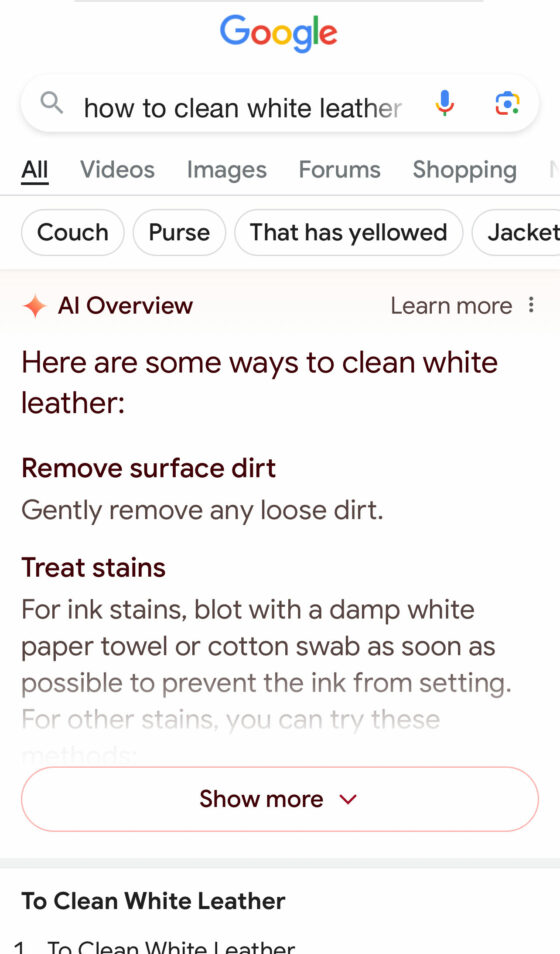
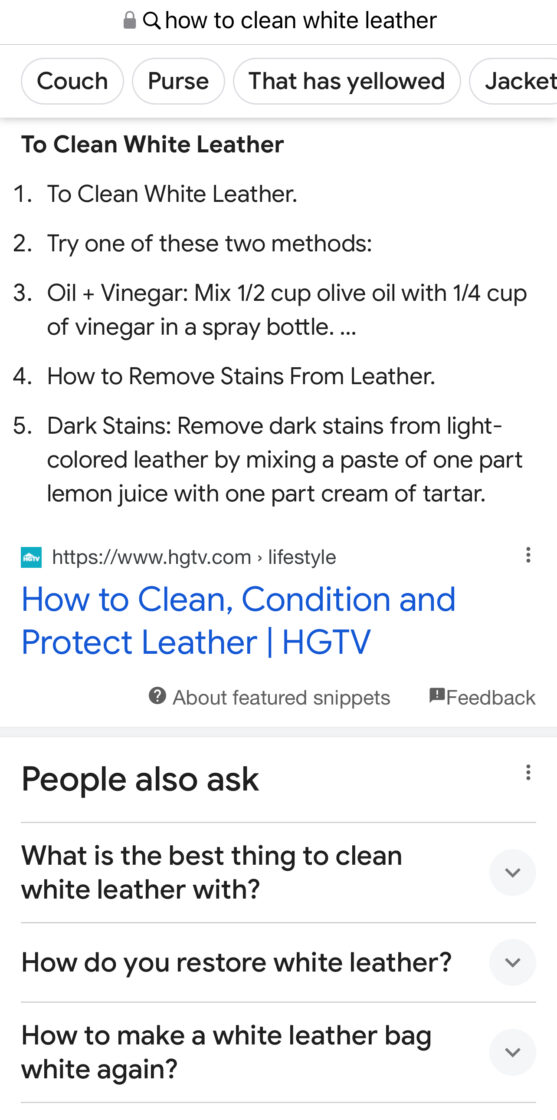
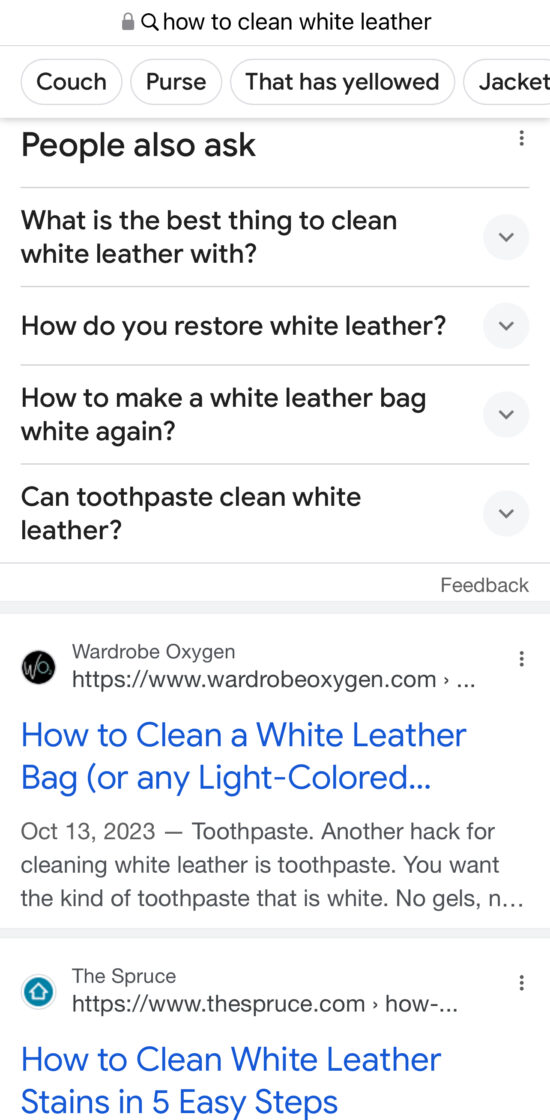

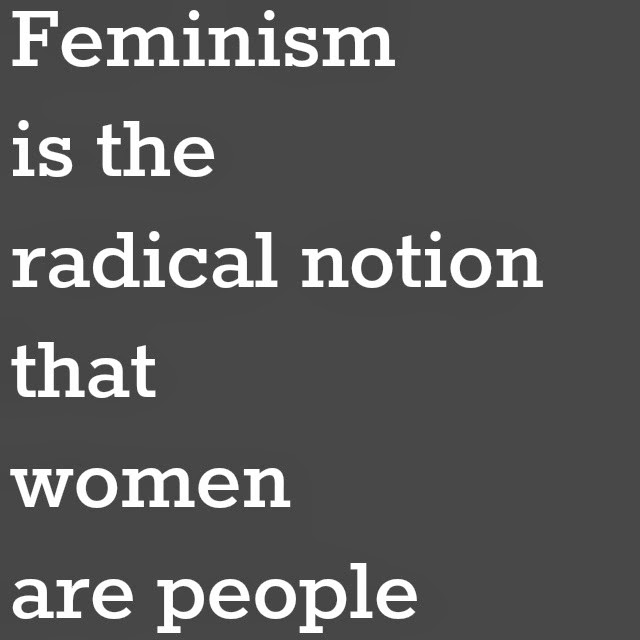
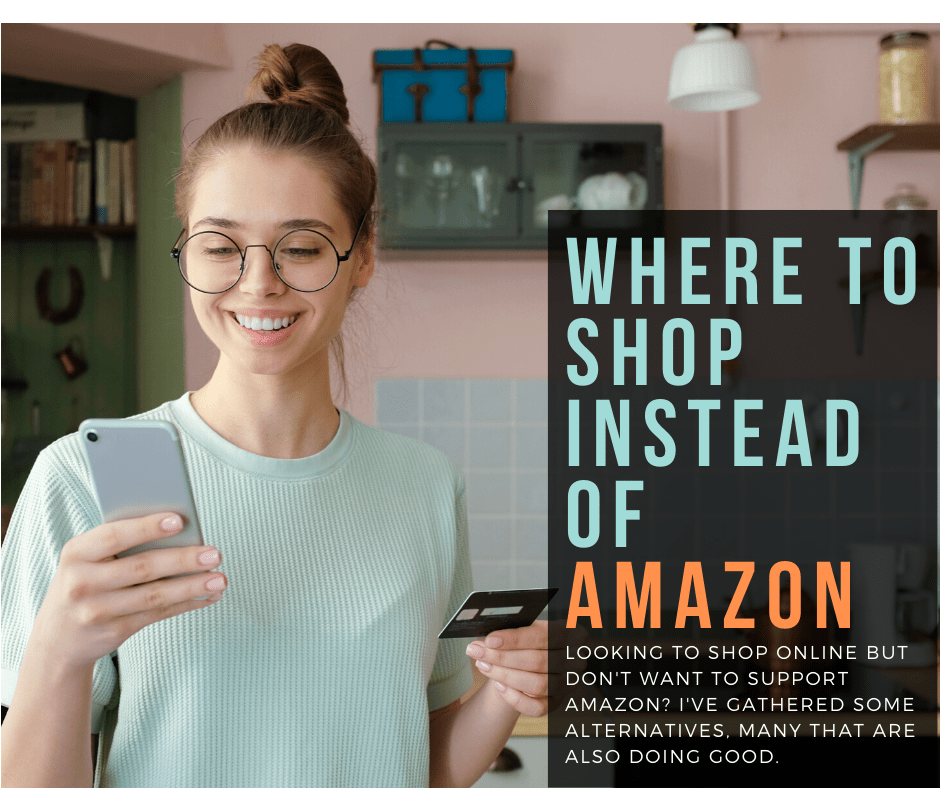


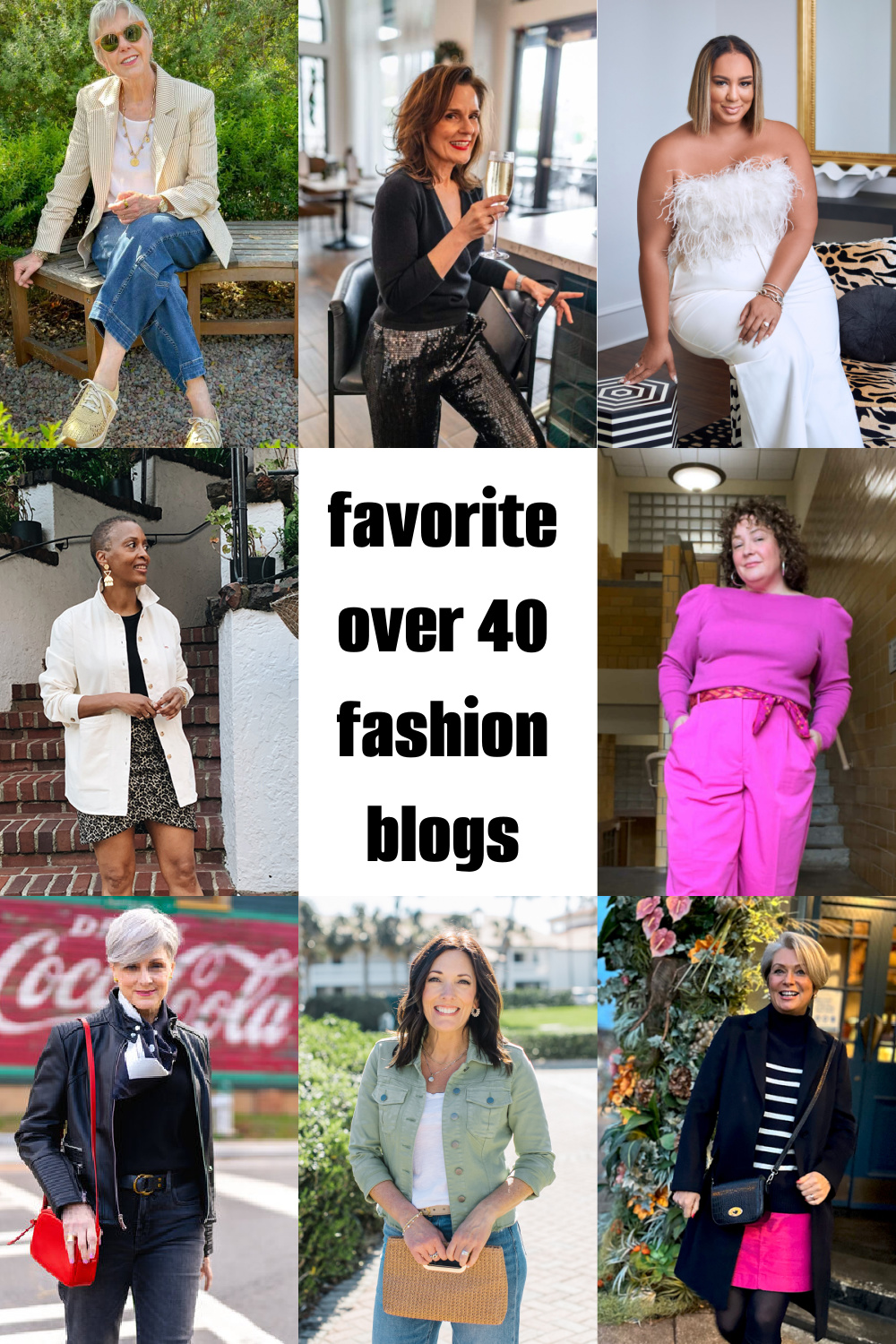
I think AI is improving (making up citations for reference is being fixed, or so I have heard) but I am not interested in sorting the nonsense. Thank goodness google scholar isn’t for the moment using AI but I’ll be back to old school ovid if it does. I’ve been using duck duck go on my personal computer for years but switched on work computer too when this switch to leading with AI went down. I want my freaking links and I don’t want to have to scroll or bother with setting my google search to show links.
Just wanted to add that Google’s MO has been to farm as much data as possible, even before AI.
Remember when people would make fun of the irrelevant or low-quality search results generated by other search engines? (Yahoo (Answers) comes to mind, & possibly Ask Jeeves?) That was partially because they didn’t have an entire ecosystem of information to mine from (like Alison explains Google has with its whole ‘Gsuite’ of Gmail etc).
In other words, Google’s searches cannot be as accurate if it does not have access to all of this. If you want other search engines to flourish, you need to to provide the data to do so by using them more.
On the flip side, many of the problems AI currently has is because it does not (yet) have the same level of data as Google does. Plus some of those inputs are (deliberately) misleading, as mentioned above with AI ‘hallucinations’.
In other words, I see it as two sides of the same coin – the more people use AI, the better it will get. And the more people use Google, the more improved search results you can expect to see linking to the AI.
If you don’t want Google (& AI) to improve, then the solution is to not use it.
Thank you for all that you do to keep your content up for us, Alison – I can see how it easily takes a full-time job to do!
I’m grateful that you listened to our navigation feedback early on, when you were revamping your website, by adding a ‘see all posts’ link – this makes it easy to navigate to all of your new content.
I have a folder of bookmarks to such websites that I open up each day (a handful of blogs that I like to follow daily), so that I can read their updates without a blog reader like Feedly. Just a suggestion for those looking for alternatives to view blog content.
I’m treating AI just like I did Wikipedia when I first started teaching – both are potentially useful for *summarising* university level research, but you cannot stop there. I always tell my students you must click through the ‘References’ section (in Wikipedia) to read what the further links originally said about the topic. If nothing else, just so you can see how to paraphrase the cited info.
I know it’s more work, but that’s life – the internet is what you make of it!
Another search engine is Ecosia. It plants trees for searches through it.
Thanks for such an in-depth and thought-proving article, Ali. I stopped using a google ages ago when I started working in privacy. Duck Duck Go has been my go-to. Seeing how they have treated their employees in recent years has only reinforced that decision. As someone else said, yet another way to exploit individual experiences and work. It feels like sometimes we are just going backwards.
Thanks for this. After another round of endlessly scrolling through crap on Google, I have gratefully downloaded Duck Duck Go.
Great post! Google is a monopoly. Monopolies are never a good thing. Google bought Fitbit and the changes they are making are not well-liked as I have discovered reading the blog looking for answers on how to get back to the old dashboard. They have 9 years of my data. Sigh. I will try some of your suggestions. Hope the petition gets some action in Washington.
Thank you (again) for your informative post. I’ve already taken some of the actions you recommended. My next step will to be less lazy and not read your blogs and others from Feedly but instead to click through. I appreciate your content!
I will preface this by saying that as a man, I’m not your target audience. Rather, I was led here by a suggestion on my tablet’s home page. And I’m glad I was. Everything you said is spot-on.
Outright plagiarism of the SAK Wiki (Duck Duck Go it if you like) by eBay sellers has long been a problem. A recent listing looked suspiciously like AI found the relevant page but just changed a few words. As you can see, bloggers are not the only writers who are being hurt by the malignant cancer that is Google AI.
One of my 2024 goals was “more radio, less YouTube.” Since YouTube is owned by or a subsidiary of Google, I’m done with it. Just like that. My new search engine of choice is Duck Duck Go, and I’ll be using it to seek out alternatives to Chrome, Google Maps, and Google Translate. The Google Home devices in my house (taken offline a while ago) will be destroyed in spectacular fashion. Soon I’ll be closing my Gmail account. And a new goal is to be completely free of Google by the end of this year.
I’d love to see the government shut down Google and fine the shit out of them, but I don’t realistically see that happening. Instead, I’ll do what I can with what I have…even though neither is much.
Even as a guy, Alison has posts about her husband’s fashion too (if you’re interested in reading those lol), plus further references like travel reviews etc.
Once upon a time google’s motto was “don’t be evil” but those days are long gone. I’ve been using duck duck go for a while. Virtually impossible to avoid Google these days but starting to think about how…
It’s outrageous that a student can be expelled for plagiarizing but Google can do it and profit from it. That makes no sense.
Thanks for this informative post, its so distressing. The other thing that they are doing is bombarding you with ads, you can barely see the content as the pages are so loaded with ads!
NowFacebook AI is summarizing comments on posts.
As always, you have done a fantastic job of explaining a complex topic. Thank you.
I googled the proper dose of Imodium for my dog last weekend, and was so used to the top result being a vet school site – I somehow didn’t realize it was google AI providing this new answer. It told me the wrong dose (DOUBLE the correct dose) and I was so frazzled and in a hurry, I gave my dog the double dose. Now, all of this was my fault – I didn’t slow down – but I was very lucky it wasn’t an incorrect dosage for a medicine that could have killed my dog. After I dosed him, I realized the google search results looked different than usual and that’s when I understood what had happened.
I too was dismayed about Travel Fashion Girl, but didn’t understand how or IF I could help the site or others like it. Although I’ve always looked at the quality of my data sources (former scientist here), I didn’t get how AI was involved, and have always used Google as my search engine. Your article has given me a much better understanding of AI and its effects as well as some practical things to do. I’m now on Duck Duck Go (never heard of it before!), have signed the petition, and will go forward with my eyes opened a little more. Thanks, Allison!
Thank you for clarifying this. I subscribe to the Travel Fashion Girl newsletter and when I was on Facebook I was a member of the group. I’ve learned a lot from Alex over the years and I was also shocked to get her latest email about all this. I signed the petition and will continue to use Duck Duck Go. Forewarned is forarmed and all that.
Thank you for the information. Don’t have a ton to say but will do my part by commenting as you recommend! I’ve noticed how google searches now lead with often-stupid AI content but never thought about how this harms creators and writers. I hadn’t heard of travel fashion girl but I appreciate knowing her as I have a trip coming up. You are always a must-read too for travel tips and everything else!
Another change that Google made recently (Marchish?) is that Reddit and other forum sites have been given top results in search. So blogs (like mine and others like Housefresh etc) that post product reviews as part of their content have been basically disappeared in Google because Reddit has been prioritized. Traffic is down 80% for many small publishers and the one that is reaping the benefit is Reddit. What makes this all suspicious is that Google and Reddit are in bed together, part of the whole training Google AI. And now their traffic is skyrocketing. AI scares me but so do backroom deals that no amount of SEO EEAT is going to help. This BBC article gets into both issues > https://www.bbc.com/future/article/20240524-how-googles-new-algorithm-will-shape-your-internet
YES! I think the only reason I didn’t get hit quite as hard is because my content is sometimes shared on Reddit as an answer to a question. And I do encourage folks to continue linking to sites where you get your solutions or inspiration. Not only link to it, but use the name of the site or source in your comment. Wherever you share, don’t just link but use the name because then the name gets associated with the answer. Google also made a big change that affected sites that didn’t say “I” and sound personal. Those who had “we” and “our team” or took out personalization got hit hard. I have been adding to my content a lot more about me, how long I’ve had the site which I don’t think has been super obvious but makes it harder for AI to take because it sounds individual, but also Google likes (Reddit is not only in bed with Google, but it’s full of personal experiences). It is exhausting to have to spend so much time on trying to figure out what Google wants when all you want to do is make content. Content quality and quantity is sacrificed, and now we see it is all in vain because who cares about Google updates when AI is giving inaccurate answers for the first three scrolls on the search engine. I’ve been doing this for 19 years and the past year has by far been the most difficult because of Google.
I read (somewhere) that AI is intellectual property theft. It’s the latest iteration of worker exploitation and a tool that basically engages in white collar crime. It’s not regulated, it’s over revered and hyped to boot.
Thanks for the alternate search engine recommendation, I plan to start using that.
Thanks for this informative article! I learned a lot. I personally am creeped out by the IG search being replaced with an AI search!
AI makes sh*t up can’t be said strongly enough. I learned of AI through following law twitter. Seems lawyers were using it as an aid in writing their briefs. It just made sh*t up. They didn’t verify the citations, etc. When the courts found out, the lawyers were in hot water – hauled before judges, chewed out at minimum, sanctioned at worst. Some jurisdictions now require them to swear that they didn’t use AI in their filings.
The making sh*t up is called a “hallucination” in the AI world. Isn’t that nice. It’s so prevalent they have a word for the phenomenom. Instead of eliminating the phenomenon.
Yes! Editors in the scholarly publishing world have run several article-writing experiments with various AI writing tools, and found exactly this: made-up data, with made-up citations to sources that don’t exist.
Thank you, Alison, for explaining how Google search has changed and is using AI. I had noticed and found it frustrating but wasn’t really sure what had been implemented. The new search results are really frustrating to plow through to find what I’m really looking for.